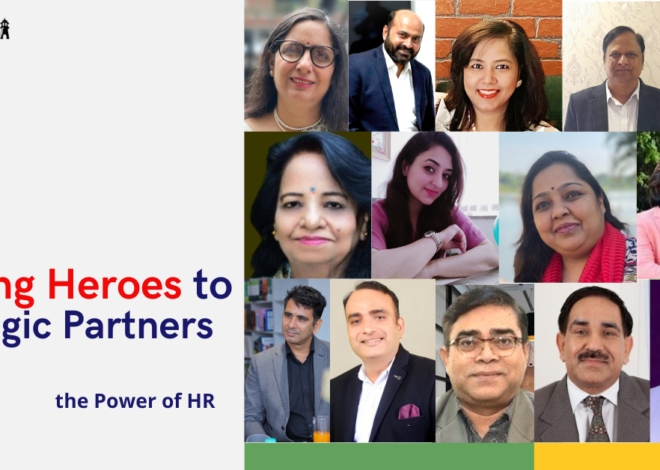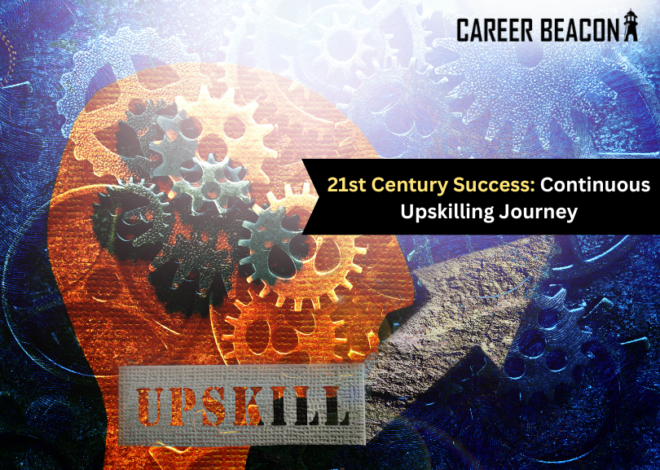
Career as Career Counsellor
Contributed by National Career Counsellors Network
In a recent survey conducted by Mindler, on career option awareness among Indian students has revealed that a staggering 93% of the students aged 14 to 21 were aware of just seven career options. However, there are more than 250 different types of job options available in India.
And, in another survey by Wheebox, a talent assessment company, it was nearly 85% of candidates not equipped to make career decisions. On sources of career information, over 50% of candidates seek and build career decisions for employment from colleges followed by 21% from different web portals and only 17% from their immediate and extended family members.
This shocking lack of awareness among Indian students regarding their future career options can spell the death knell for the economic bonus.
Today, students face parental pressure to opt for conventional careers such as engineering, medicine, law, civil services, etc. Parents need to be aware of their child’s strength areas which contribute to their career success.
Children need first to become aware of the many subjects and career options that exist, and before they finalize one, they also need to build their profile for the chosen career.
Students need guidance and coaching for career development, as any other discipline is taught in schools. If India has to realize its demographic dividend, it needs to provide one career counselor for every 250 students it has.
The career decision-making process isn’t just about choosing subjects, but also about making sure that kids can gradually build an all-rounded profile. Knowledge is power. But, what makes the experience even more powerful is what you do with it.
Three hundred fifty million Indian students are having an average age of 27 years. At least 1.4 million career counselors are required to maintain a globally acceptable student-to-school-counselor ratio.
If you’re interested in helping guide people through their social, psychological, medical, relational, educational, and vocational difficulties, you might want to pursue a career as a counselor.
The following skills are required to be a great counselor.
1. Communication skills
You need excellent verbal communication skills to talk to a range of different people effectively. Counselors will often have to question clients and conduct interviews, and they need to be skillful in doing not to cause stress to clients.
2. Interpersonal skills
Counselors need to be able to work effectively with different groups of people, including clients and colleagues. You may have to work with a client for months or even years, so having the talent for building relationships is also essential. You should be aware of a client’s reactions and understand the reasons behind them, as well as know-how to persuade a client to change their mindset or behaviour.
3. Understanding of ethics
You must have a reliable, ethical code and keep sessions with your clients confidential to ensure their safety and well-being. You should also be aware that your work can have significant effects on people, and you need to keep this in mind when dealing with others. This is something that you can learn through undertaking training for counseling.
4. Patience
It would help when working with your clients. It would help if you understood that a lot of time, like several months or even years, can pass before substantial results can be seen. Patience is critical for real progress to be made, and you need the ability to keep yourself motivated even when results aren’t instantly noticeable.
5. Compassion
You should have a desire to help others, be sympathetic, and be able to empathize with your client’s pain and other problems. It would help if you could put your patients at ease and make them feel comfortable.
6. Emotional stability
You must have a solid emotional footing and the ability to handle the stress and emotional turmoil caused by working with distressed people.
7. Knowledge of laws and regulations
You should be familiar with the laws and regulations that control the industry in your state. You must also be able to work in the profession within the boundaries of the law.
8. Open-mindedness
It would help if you were open-minded and tolerant of different people and situations. You should also be open to new research and new ways of thinking that could challenge your practices.
9. Trustworthiness
You must be trustworthy and be able to inspire your patients to confide in you, and with their problems, otherwise, they won’t improve or return to you.
10. Research skills
You must know how and where to find the information you need and evaluate it effectively. This applies when you’re trying to help a client by seeing what other solutions have been tested. You can look at scientific journals that have information from decades of research.
11. Problem-solving skills
You need to be able to solve problems as they arise. You should have alternative strategies available and be able to implement them fast to ensure your client can move forward. There are specific problem-solving strategies that counselors use, and you can learn these in a counseling course.
12. Observational skills
You should be able to observe a person’s facial expressions, body language, and social interactions during appointments to find clues that determine their attitude and behavior. You need to know how to conduct interviews, watch for specific actions, and observe your client thoroughly to be able to help them.
13. Reasoning skills
You need reasoning skills so that you can see subtle connections between problems that don’t seem related. This means you must be able to take a broader view of human behaviors and find similarities or general principles at play instead of focusing on the individual details of a case.
14. Computer skills
You should know how to use a computer so you can take notes and download and save extensive reports and client files. You also need to understand how to use medical software for recording client information, spreadsheet and word-processing programs for writing reports, and billing programs for submitting and tracking invoices to your clients and insurers.
Earning Potential
Each session of Career Counseling starts from Rs. 2500/- to Rs. 1 Lakh rupees per session/per hour.
Start your journey as a counselor.
As you can see, there are lots of skills you need to have if you want to be a counselor, and you can learn them in Counseling& Psychology. With these skills, you’ll be able to make a difference in people’s lives, which is one of the best things about being a counselor.


